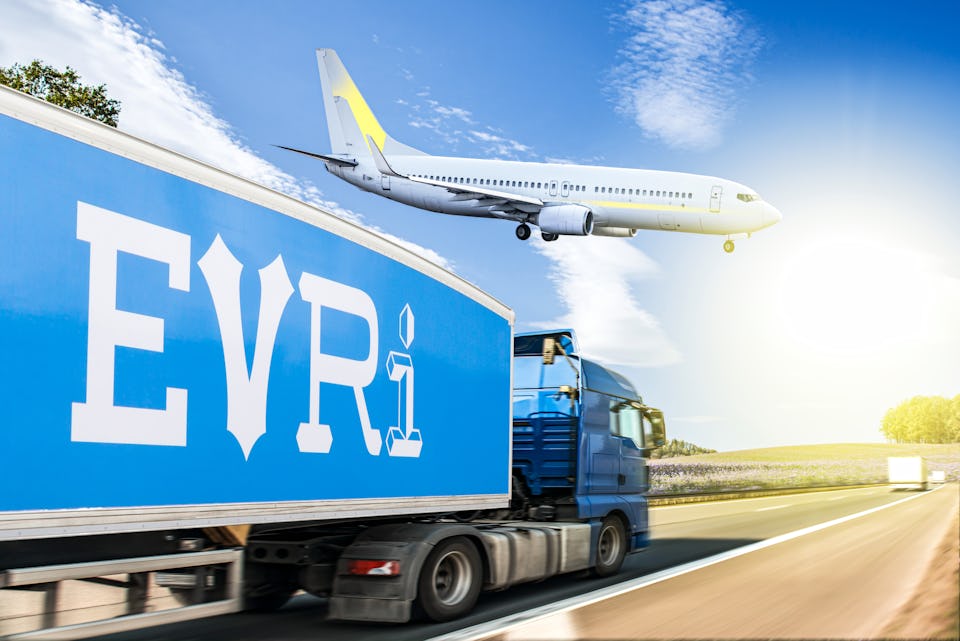New US Tariffs: What You Need to Know

If you frequently send parcels to the United States, you’ve likely heard about the new tariffs on imported goods. While the situation is still developing, we want to simplify these changes for you. In this update, we’ll break down what these tariffs mean and explain how shipping to the US remains as easy as ever with Evri!
What’s Happening?
As of April 3, 2025, the US government has introduced new tariffs on parcels imported into the country. Under these new regulations, most countries will be subject to a 10% tariff, while some countries face higher rates.
Note: These tariffs are based on the country where the product was manufactured, not the country from which it was shipped. For example, an item was supplied to the US from the UK, but it was made in China, the tariff for China applies, not the tariff applied to the UK.
How Does This Affect You and How Can Evri Help?
If you send parcels to the US that contain goods from a country affected by the new tariffs, your recipients will need to pay the import tax. At Evri, we are ready to help your recipient pay these additional fees. Most carriers will collect taxes when the parcel arrives in the US. However, at Evri, we will collect the taxes from your recipient before your parcel leaves the UK. This means that if your recipient doesn’t want to pay the additional fees, your parcel will be returned to you quickly, rather than traveling all the way to the US only to be refused by your recipient.
What Do You Need to Do?
Sending parcels with Evri remains as easy as ever. When you book your parcel online or at selected Post Offices, simply let us know where the item was manufactured. If any of the items in your parcel are made in a country subject to these tariffs, we will handle the rest.
Don’t Forget
While you can send lots of items to the US with Evri, there are certain restrictions. Check our up-to-date list of what you can and can’t send internationally.
We also advise you stay informed about the latest IATA Dangerous Goods Regulations and the UK Civil Aviation Authority guidelines to ensure you’re aware of any restrictions when sending parcels via air.